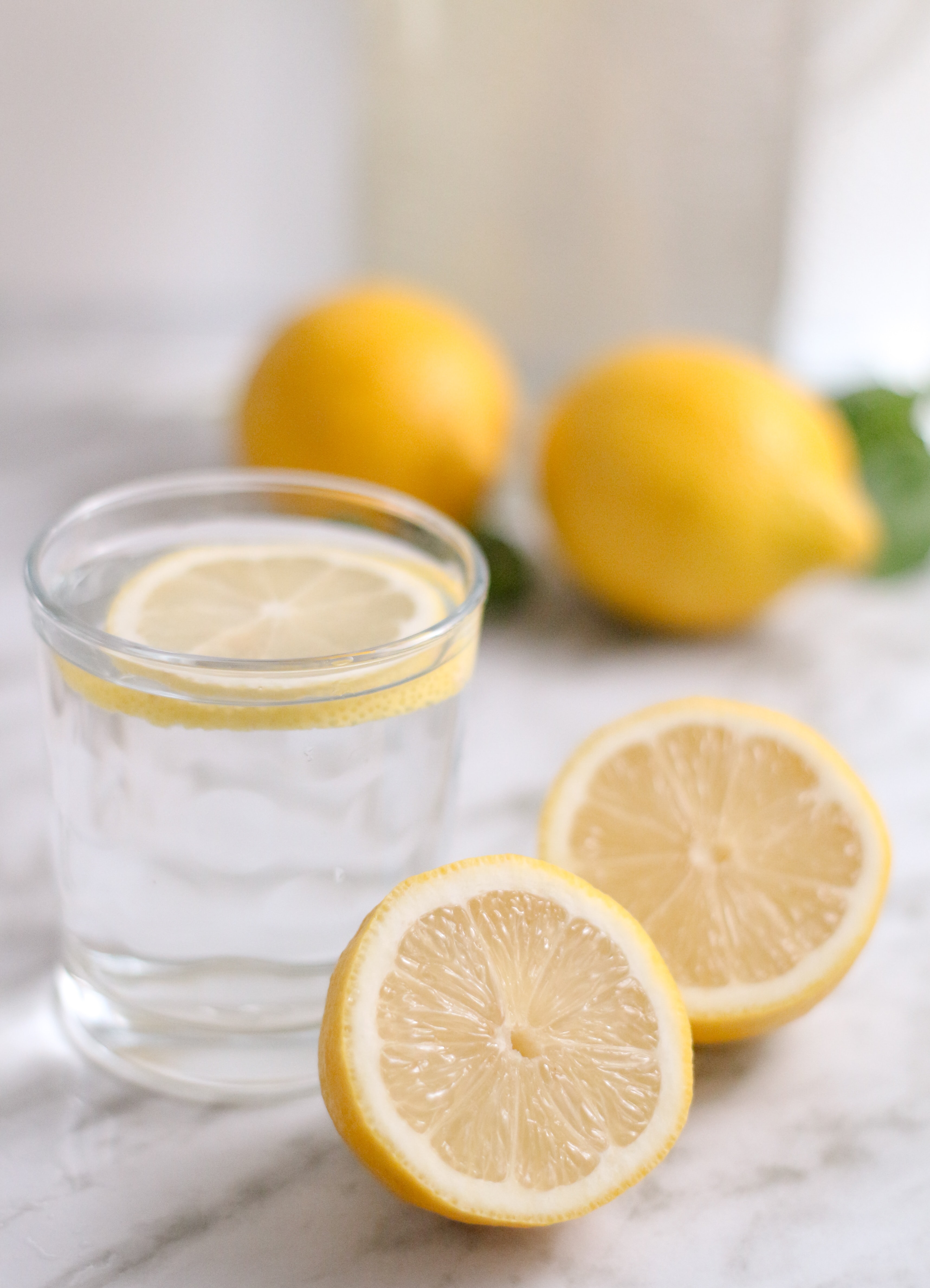Skin Smarts: We All Have Skin, but Are You Taking Yours for Granted?
The largest organ of the human body is the skin, which all too commonly tends to be neglected and unintentionally abused. Just a few millimeters thick, skin provides protection for everything inside it from everything outside, from weather to harmful substances.Although you can’t tell by looking, the skin is a very active organ, reacting to external stimuli such as touch, cold, or heat, automatically rushing more blood to an injured section to expedite healing. It also provides input to protect the body, alerting you to injuries by means of pain, irritation, or changes in color or texture. It’s also a repository of the water and fats required by the body for wellness. There are three layers of skin, with the epidermis, the outside layer, consisting of cells called keratinocytes. These cells harden, providing a protective seal against the outside environment. Keratinocytes are constantly being replaced; over a period of four weeks for most people, the outer layer falls away as new keratinocytes reach the surface. Injuries such as cuts can affect the texture of these outer skin cells, but repeated pressure or rubbing can also result in thicker, scaly sections, or calluses. The other two layers are the dermis, the middle layer, and below that lies the subcutis. Great skin starts with a healthy diet that keeps it nourished. Make sure your diet includes fruits, vegetables, lean proteins, and whole grains. (Margo Basarab/Shutterstock) It’s too easy to take skin health for granted, assuming there are no obvious signs of damage, with bruises, scrapes, and small cuts healing quickly. The problem is that not all signs of serious damage are obvious or are ignored until it’s too late. Cuts can become infected, rashes can spread, or strange spots or bumps can form. According to the Centers for Disease Control and Prevention (CDC), cancer is the second-leading cause of death in the United States. Of all cancers resulting in death, the World Health Organization (WHO) ranks skin cancer fifth overall, and it’s the most commonly diagnosed type of cancer. The good news is that, according to many dermatologists, skin cancer can be relatively easy to prevent or treat if caught early. While excessive exposure to sunlight is perhaps the best-known cause of skin damage, there are other ways in which skin can be damaged, such as exposure to bleach or other chemical irritants found in many common household cleaning products. Cigarette smoking is another problem; blood vessels can be constricted by smoking, restricting the amount of oxygen and blood that can reach your skin. This can lead to premature aging and lines. Speaking of lines, it turns out your mom was partly right; making faces won’t really cause them to be “stuck” like she said, but overly frequent frowning or squinting can possibly lead to sagging skin. Theoretically, excessive smiling could also be a problem, but that’s one risk most will gladly accept. Excessive drinking is never a good idea, but it also can lead to skin damage. Alcohol dehydrates the body, resulting in prematurely aged skin. Drinking plenty of water, especially when you’re outside and active, helps to keep your skin moisturized.(Claudia Soares/Unsplash) Even what you eat plays a role in skin health, making vitamins and lots of water an important part of your daily intake. The Mayo Clinic cites research suggesting a diet rich in fish oil and low in refined carbohydrates and “bad” fats will keep skin nourished and healthy. They also advise drinking plenty of water and eating fruits, lean proteins, vegetables, and whole grains. They go on to advise you to keep your skin clean, but do so gently. Overly strong soaps and long, hot showers can remove oils that keep your skin naturally moisturized. When drying, pat the skin rather than scrubbing it and then apply a moisturizer. Stress can manifest in dandruff, eczema, or other skin irritations. Exercise stimulates and increases blood circulation, carrying more nutrients to the skin cells to form elastin and collagen and ensure the cycle of cell replacement. There are four types of skin cancer: basal cell, squamus cell carcinomas, melanomas, and Merkel cell carcinomas. Basal cell and squamus cell cancers can often be removed in the dermatologist’s office. Melanomas and the relatively rare Merkel carcinomas may require surgical removal along with radiation, immunotherapy, or chemotherapy treatments. Everyone with skin needs to learn the signs of skin cancer. Any irregularly shaped or dark spot on the skin needs to be examined. In addition to skin regularly exposed to the sun, all other areas need to be examined, including those that may never or rarely see the sun. Singer Bob Marley’s death at the young age of 36 was the result of an untreated melanoma discovered under a toenail. Because he refused treatment on religious grounds, it spread, leading to his death four years later. The importance of annual checkups by a dermatologist inspecting every

The largest organ of the human body is the skin, which all too commonly tends to be neglected and unintentionally abused. Just a few millimeters thick, skin provides protection for everything inside it from everything outside, from weather to harmful substances.
Although you can’t tell by looking, the skin is a very active organ, reacting to external stimuli such as touch, cold, or heat, automatically rushing more blood to an injured section to expedite healing. It also provides input to protect the body, alerting you to injuries by means of pain, irritation, or changes in color or texture. It’s also a repository of the water and fats required by the body for wellness.
There are three layers of skin, with the epidermis, the outside layer, consisting of cells called keratinocytes. These cells harden, providing a protective seal against the outside environment. Keratinocytes are constantly being replaced; over a period of four weeks for most people, the outer layer falls away as new keratinocytes reach the surface. Injuries such as cuts can affect the texture of these outer skin cells, but repeated pressure or rubbing can also result in thicker, scaly sections, or calluses. The other two layers are the dermis, the middle layer, and below that lies the subcutis.

It’s too easy to take skin health for granted, assuming there are no obvious signs of damage, with bruises, scrapes, and small cuts healing quickly. The problem is that not all signs of serious damage are obvious or are ignored until it’s too late. Cuts can become infected, rashes can spread, or strange spots or bumps can form. According to the Centers for Disease Control and Prevention (CDC), cancer is the second-leading cause of death in the United States. Of all cancers resulting in death, the World Health Organization (WHO) ranks skin cancer fifth overall, and it’s the most commonly diagnosed type of cancer.
The good news is that, according to many dermatologists, skin cancer can be relatively easy to prevent or treat if caught early. While excessive exposure to sunlight is perhaps the best-known cause of skin damage, there are other ways in which skin can be damaged, such as exposure to bleach or other chemical irritants found in many common household cleaning products.
Cigarette smoking is another problem; blood vessels can be constricted by smoking, restricting the amount of oxygen and blood that can reach your skin. This can lead to premature aging and lines. Speaking of lines, it turns out your mom was partly right; making faces won’t really cause them to be “stuck” like she said, but overly frequent frowning or squinting can possibly lead to sagging skin. Theoretically, excessive smiling could also be a problem, but that’s one risk most will gladly accept. Excessive drinking is never a good idea, but it also can lead to skin damage. Alcohol dehydrates the body, resulting in prematurely aged skin.

(Claudia Soares/Unsplash)
Even what you eat plays a role in skin health, making vitamins and lots of water an important part of your daily intake. The Mayo Clinic cites research suggesting a diet rich in fish oil and low in refined carbohydrates and “bad” fats will keep skin nourished and healthy. They also advise drinking plenty of water and eating fruits, lean proteins, vegetables, and whole grains.
They go on to advise you to keep your skin clean, but do so gently. Overly strong soaps and long, hot showers can remove oils that keep your skin naturally moisturized. When drying, pat the skin rather than scrubbing it and then apply a moisturizer. Stress can manifest in dandruff, eczema, or other skin irritations.
Exercise stimulates and increases blood circulation, carrying more nutrients to the skin cells to form elastin and collagen and ensure the cycle of cell replacement.
There are four types of skin cancer: basal cell, squamus cell carcinomas, melanomas, and Merkel cell carcinomas. Basal cell and squamus cell cancers can often be removed in the dermatologist’s office. Melanomas and the relatively rare Merkel carcinomas may require surgical removal along with radiation, immunotherapy, or chemotherapy treatments.
Everyone with skin needs to learn the signs of skin cancer. Any irregularly shaped or dark spot on the skin needs to be examined. In addition to skin regularly exposed to the sun, all other areas need to be examined, including those that may never or rarely see the sun. Singer Bob Marley’s death at the young age of 36 was the result of an untreated melanoma discovered under a toenail. Because he refused treatment on religious grounds, it spread, leading to his death four years later. The importance of annual checkups by a dermatologist inspecting every inch of skin can’t be overstressed. Take care of your skin so it can take care of you.







